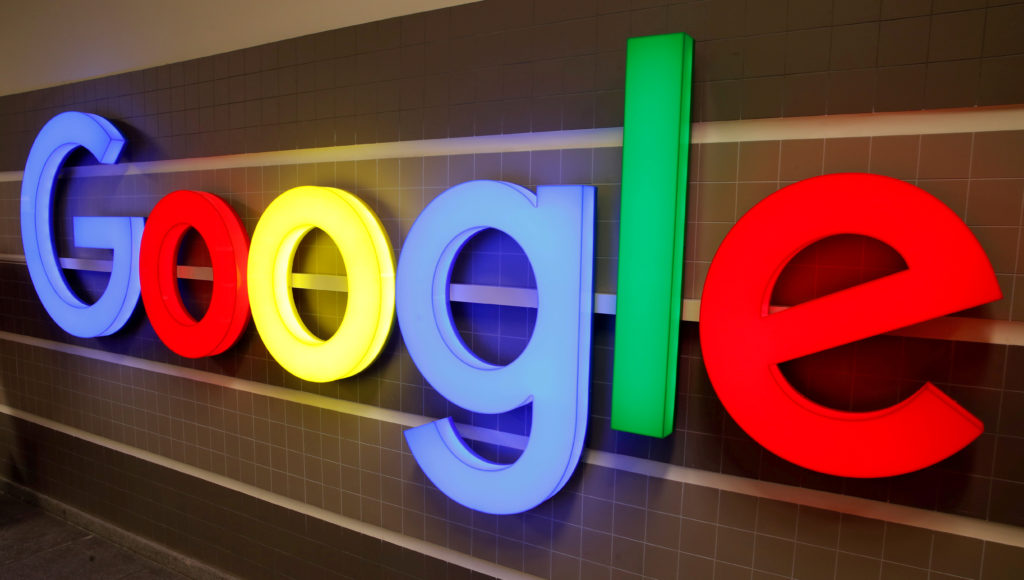Google Wallet Adds Private ID Feature Using Blockchain-Based Tech
04.05.2025 11:00 1 min. read
Google is rolling out a privacy-focused update to its Wallet app by integrating zero-knowledge proofs (ZKPs), allowing users to verify identity attributes like age without revealing personal details.
The feature is launching first in the UK, with broader international availability planned soon.
The ZK system—developed in partnership with Ligero, a privacy startup backed by major crypto investors—lets users prove eligibility for services without compromising their identity. Though not strictly tied to crypto, the codebase will be open-sourced, potentially allowing other wallets and services to adopt the technology.
Zero-knowledge proofs, once an academic curiosity, have become essential in crypto. Blockchains like Ethereum use zk-Rollups (e.g., StarkNet, zkSync) to scale transactions, while privacy protocols like zk-SNARKs and zk-STARKs shield user data. Newer variants are also being explored for decentralized storage and authentication.
Google’s implementation will extend beyond web apps. Digital IDs in Wallet may soon support passport checks for domestic travel, account recovery on Amazon, medical service access via CVS and Epic’s MyChart, and even profile verification on platforms like Uber.
This move positions Google at the forefront of mainstream zero-knowledge adoption, blending digital convenience with cryptographic privacy.
-
1
Tether-Backed Blockchain Aims to Serve Financial Giants
08.06.2025 13:00 2 min. read -
2
Ripple Boosts Blockchain Education Across Asia-Pacific
11.06.2025 8:00 2 min. read -
3
The Bitcoin-Cardano Bridge is Here: What it Means for DeFi
10.06.2025 21:00 1 min. read -
4
JPMorgan Lays Groundwork for Tokenized Finance with New Blockchain Trademark
17.06.2025 12:00 1 min. read -
5
Malaysia Opens the Door to Blockchain Experimentation With Launch of Innovation Hub
18.06.2025 22:00 2 min. read
Hyperliquid Chosen as Core Reserve in Lion Group’s Blockchain Expansion
Lion Group Holding Ltd. has raised $600 million from investment firm ATW Partners to fuel a major shift into decentralized finance.
Ford Tests Cardano-Powered Data Solution for Its Legal Archives
Cardano startup Iagon has recruited Ford Motor Company to help shape a decentralized cloud prototype aimed at corporate document management.
Malaysia Opens the Door to Blockchain Experimentation With Launch of Innovation Hub
In a move to strengthen its position in the regional fintech race, Malaysia has unveiled a new digital sandbox aimed at nurturing innovation in blockchain and digital finance.
Binance Prepares for THORChain Upgrade, Temporarily Halts RUNE Transfers
Binance has confirmed it will facilitate the upcoming upgrade of the THORChain (RUNE) network, aiming to ensure a seamless transition for users during the blockchain’s scheduled improvements.
-
1
Tether-Backed Blockchain Aims to Serve Financial Giants
08.06.2025 13:00 2 min. read -
2
Ripple Boosts Blockchain Education Across Asia-Pacific
11.06.2025 8:00 2 min. read -
3
The Bitcoin-Cardano Bridge is Here: What it Means for DeFi
10.06.2025 21:00 1 min. read -
4
JPMorgan Lays Groundwork for Tokenized Finance with New Blockchain Trademark
17.06.2025 12:00 1 min. read -
5
Malaysia Opens the Door to Blockchain Experimentation With Launch of Innovation Hub
18.06.2025 22:00 2 min. read


